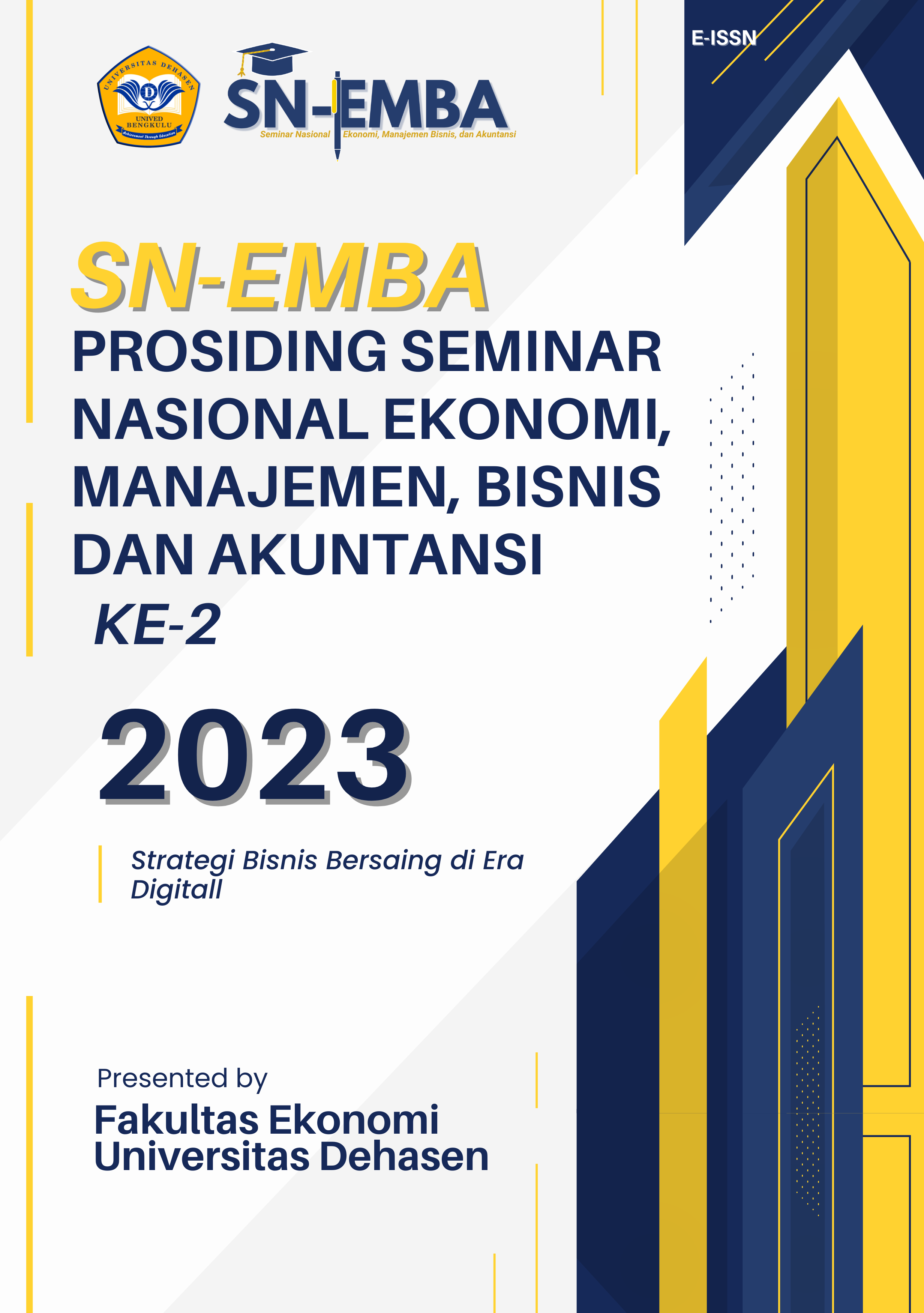PELUANG DAN KENDALA PENYEDIA E-KATALOG PASCA PENERAPAN KEBIJAKAN TKDN (TINGKAT KOMPONEN DALAM NEGERI)
Kata Kunci:
E-Catalog, Application Of Opportunities And Constraints, TKDNAbstrak
The domestic component level is the overall level of production component content originating from within the country in the form of goods, services, or a combination of the two. There are several calculations and constraints in TKDN including: transportation costs, labor costs, production machines (if any) and other costs related to the production of the goods and services in question. In an effort to encourage opportunities for Indonesian economic growth, the government is implementing a TKDN policy which is intended to increase utilization, efficiency, competitiveness, product quality in line with market needs while reducing dependence on imported products. This research uses a qualitative approach using the literature review method. namely looking for previously published references related to the title discussed, namely: opportunities and constraints for e-catalog providers after the implementation of the TKDN policy (domestic component level). Meanwhile, the data source used comes from secondary data on the Increased Product Use web page after the implementation of the Domestic Compound Level (TKDN). The research results show that there is an opportunity to increase the number of production and number of sales orders even though there are still several obstacles in using e-catalog providers which are not significant. This can show that there is an influence from the opportunities and constraints of e-catalog providers after the implementation of the TKDN policy.
Unduhan
Diterbitkan
Cara Mengutip
Terbitan
Bagian
Lisensi
Hak Cipta (c) 2024 Inka Nabela, Suwarni Suwarni, Anzori Anzori

Artikel ini berlisensiCreative Commons Attribution-ShareAlike 4.0 International License.


















